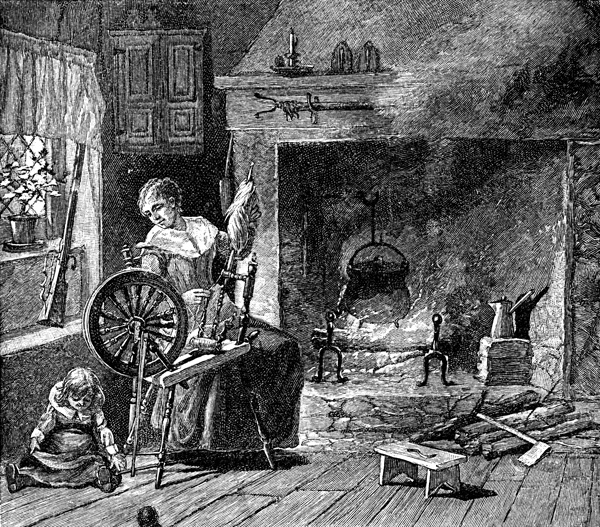
 The “Women’s Union” was centrally involved in identifying strategic social battles. The Paris Commune was a revolutionary socialist government that ruled Paris from 18 March to 28 May 1871. What women achieved was dismantling of licensed brothels, winning parity for female and male teachers, coining of the slogan “equal pay for equal work”, demanding equal rights within marriage and the recognizing of free unions.
The “Women’s Union” was centrally involved in identifying strategic social battles. The Paris Commune was a revolutionary socialist government that ruled Paris from 18 March to 28 May 1871. What women achieved was dismantling of licensed brothels, winning parity for female and male teachers, coining of the slogan “equal pay for equal work”, demanding equal rights within marriage and the recognizing of free unions.
By Nazarul Islam
Towards the last quarter of the eighteenth century, Women in France began to play an essential role in the critique of the ‘social order’. In many cases, they transgressed the norms of bourgeois society and asserted a new identity in opposition—to the values of the patriarchal family, moving beyond domestic privacy to engage with the public sphere.
The “Women’s Union” was centrally involved in identifying strategic social battles. The Paris Commune was a revolutionary socialist government that ruled Paris from 18 March to 28 May 1871. What women achieved was dismantling of licensed brothels, winning parity for female and male teachers, coining of the slogan “equal pay for equal work”, demanding equal rights within marriage and the recognizing of free unions, and promoting exclusively female chambers in labor unions.
In the year 1789, the military situation had worsened in mid-May, with the Versaillais arriving at the gates of Paris. Women took up arms and formed a battalion of their own. Many would breathe their last on the barricades. The Paris Commune was brutally crushed by the armies of Versailles. During the semaine sanglante, the week of blood-letting between 21 and 28 May, a total of 17,000 to 25,000 citizens were slaughtered. A young Arthur Rimbaud described the French capital as “a mournful, almost dead city”.
It was the bloodiest massacre in the history of France. The number of prisoners taken was 43,522. One hundred of these received death sentences, following summary trials before courts martial, and another 13,500 were sent to prison or forced labor, or deported to remote areas such as New Caledonia. Passing over the unprecedented violence of the Thiers state, the conservative and liberal press expressed great relief at the restoration of the “natural order”.
And yet, the insurrection in Paris gave strength to workers’ struggles and pushed them in more radical directions. Paris had shown that the aim had to be one of building a society radically different from capitalism. The Commune embodied the idea of social-political change and its practical application. It became synonymous with the very concept of revolution, with an ontological experience of the working class.
Women of the French Paris Commune changed the consciousness of workers and their collective perception. At a distance of 150 years, its red flag continues to flutter and to remind us that an alternative is always possible.
Working women’s Paris, with its Commune, will be forever celebrated as the glorious harbinger of a new society. Its martyrs are enshrined in the great heart of the working class. Its exterminators’ history has already nailed to that eternal pillory from which all the prayers of their priest will not avail to redeem them.
___________________
About the Author
